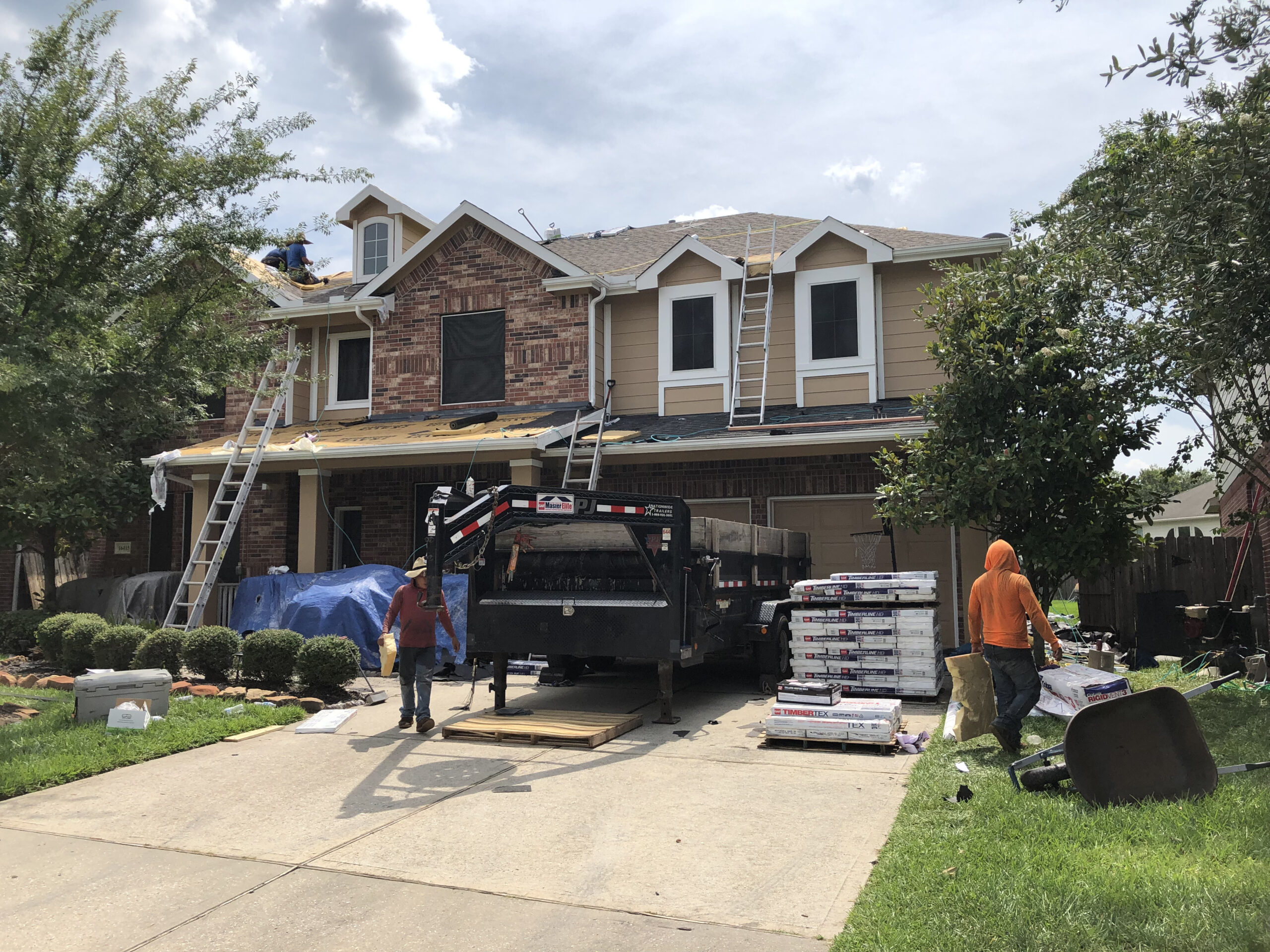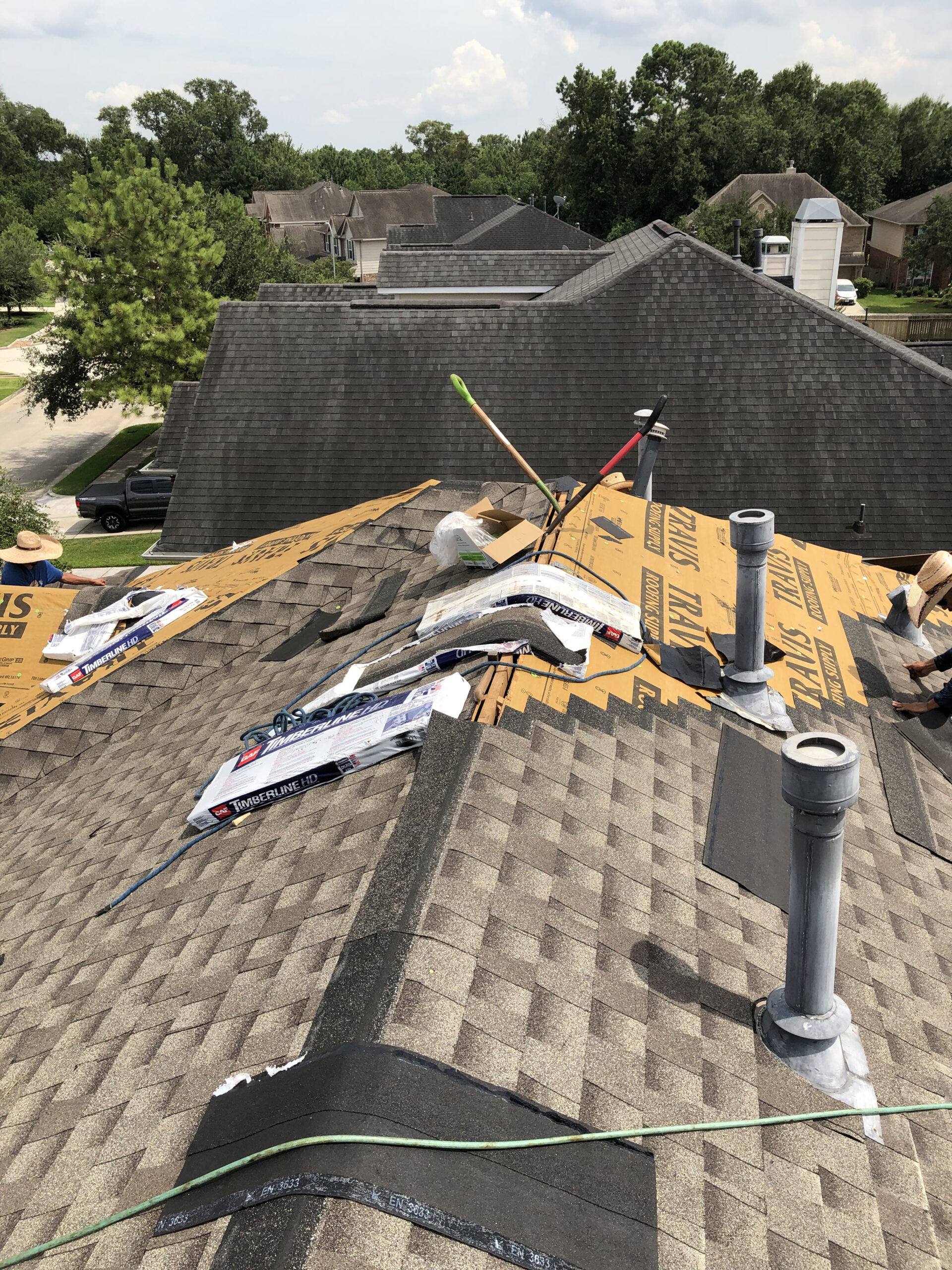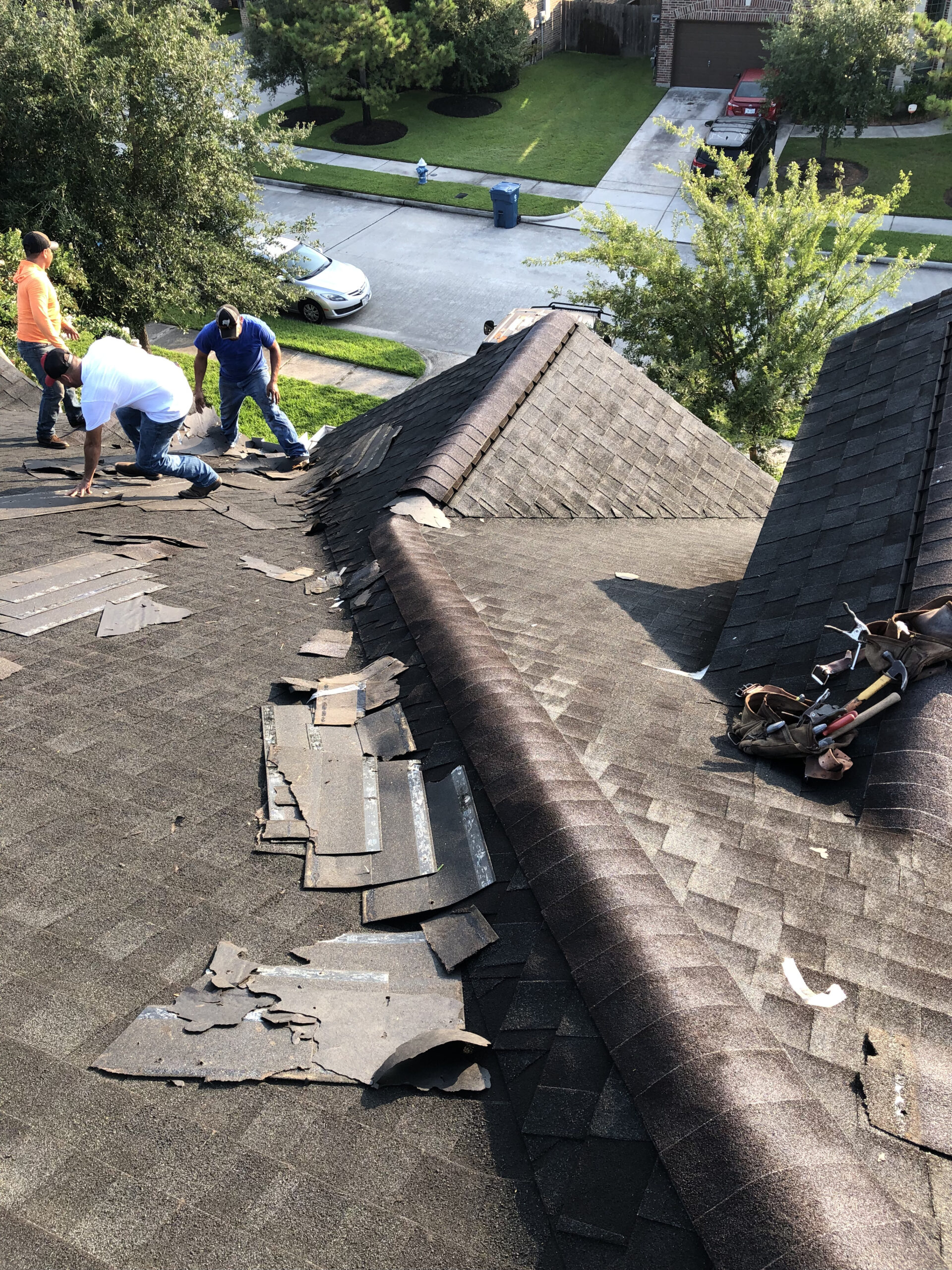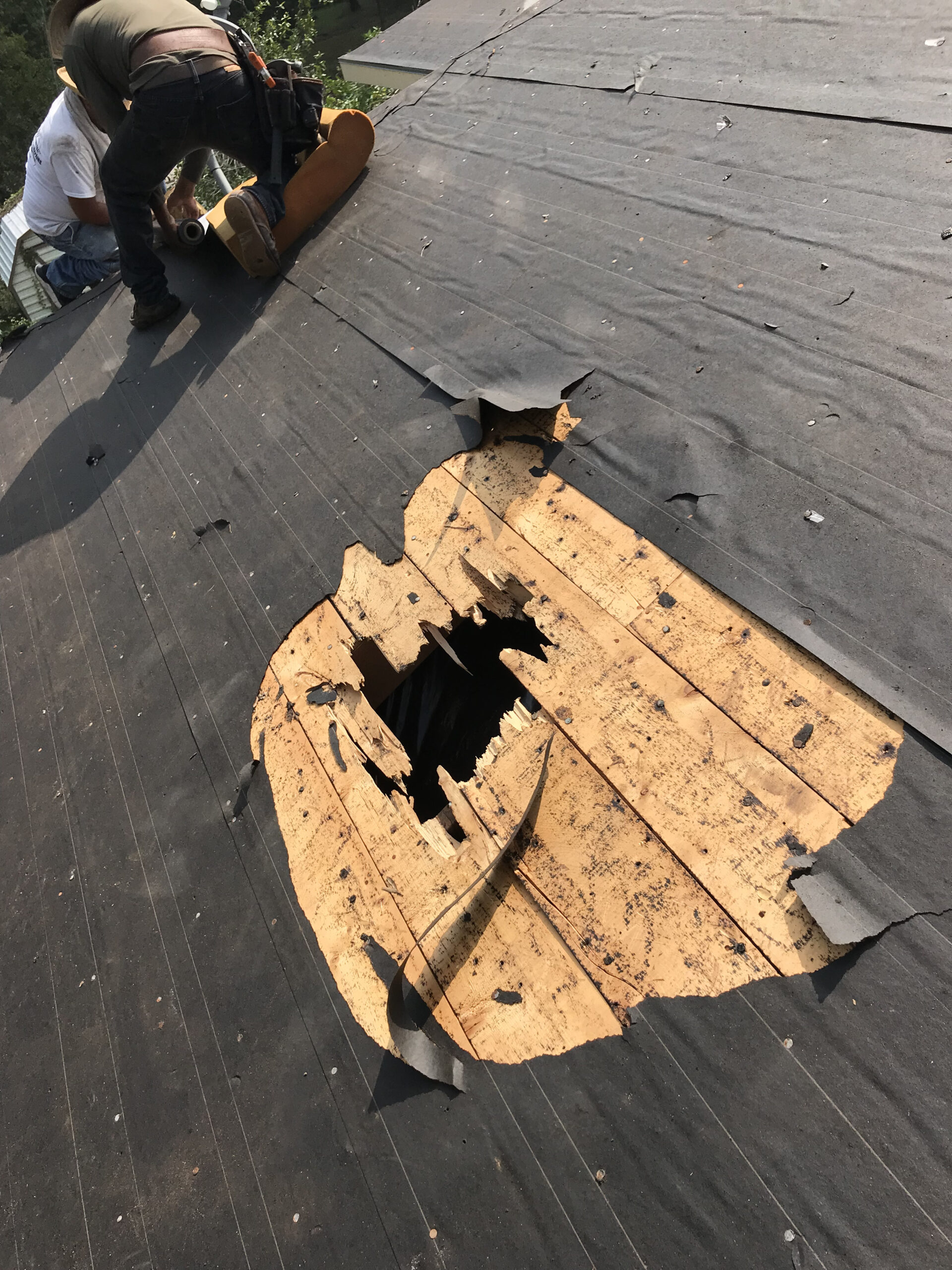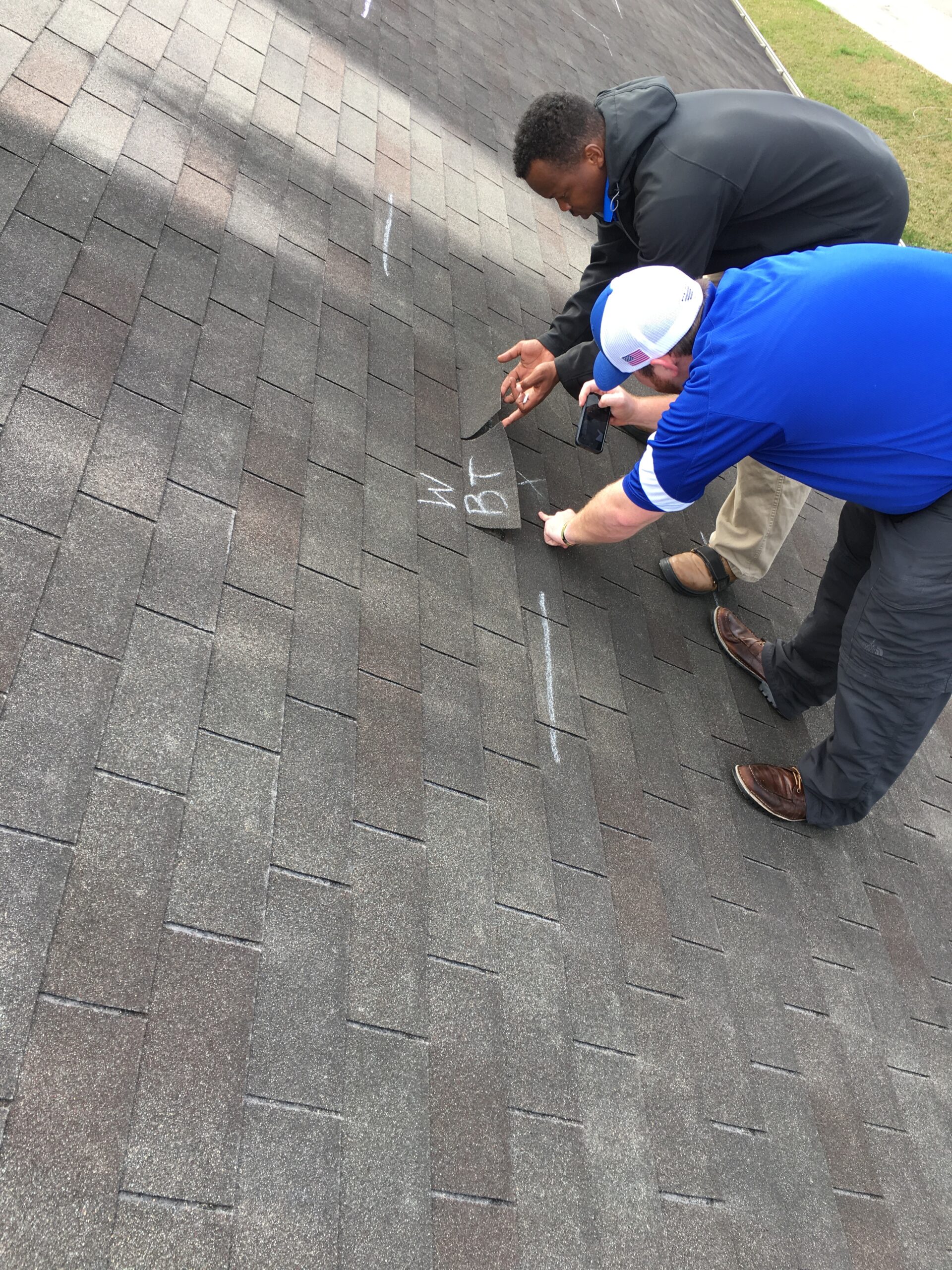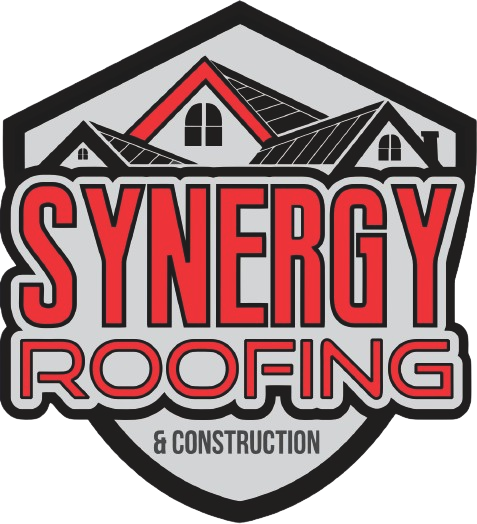
Roof Inspection
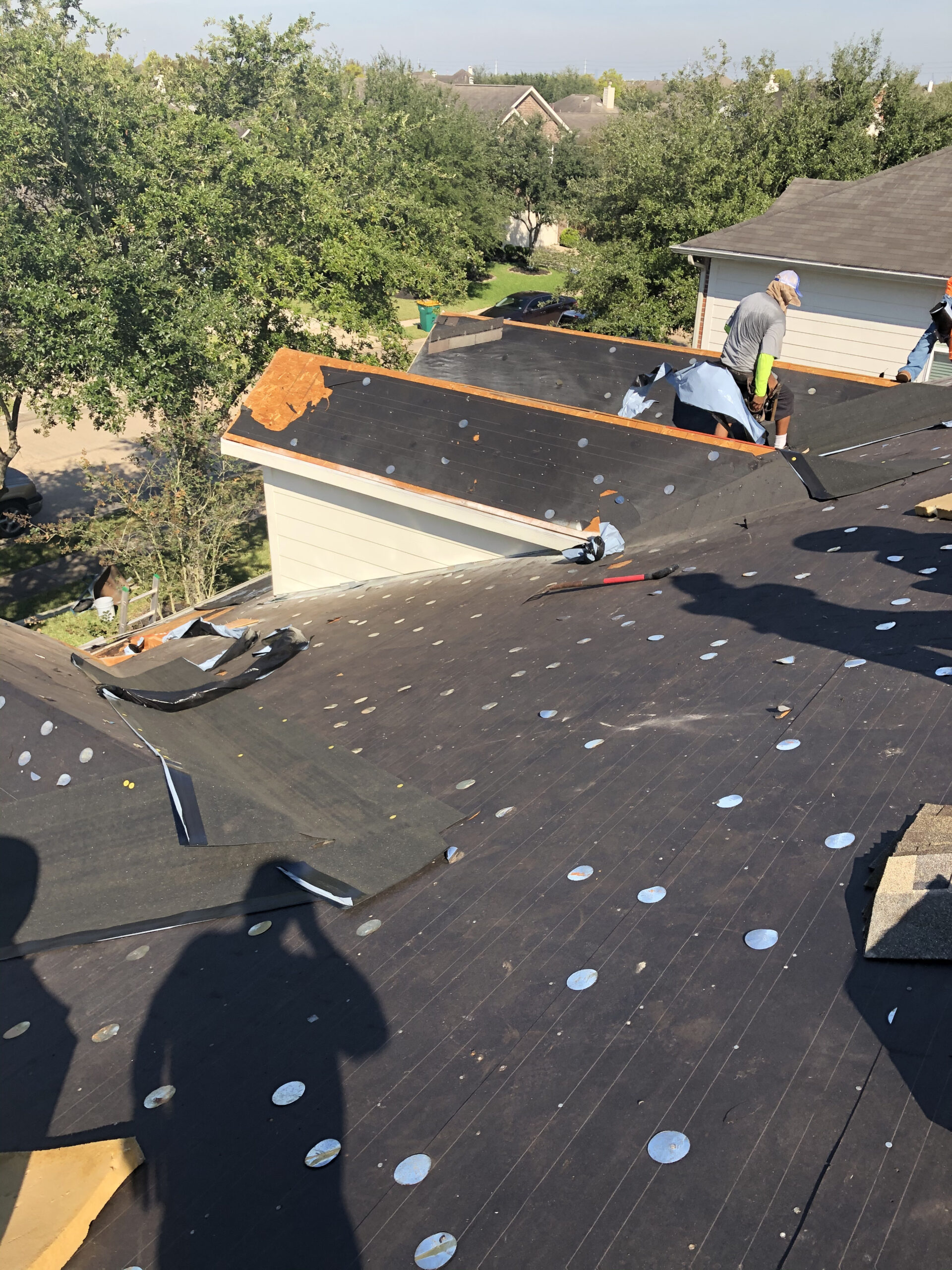
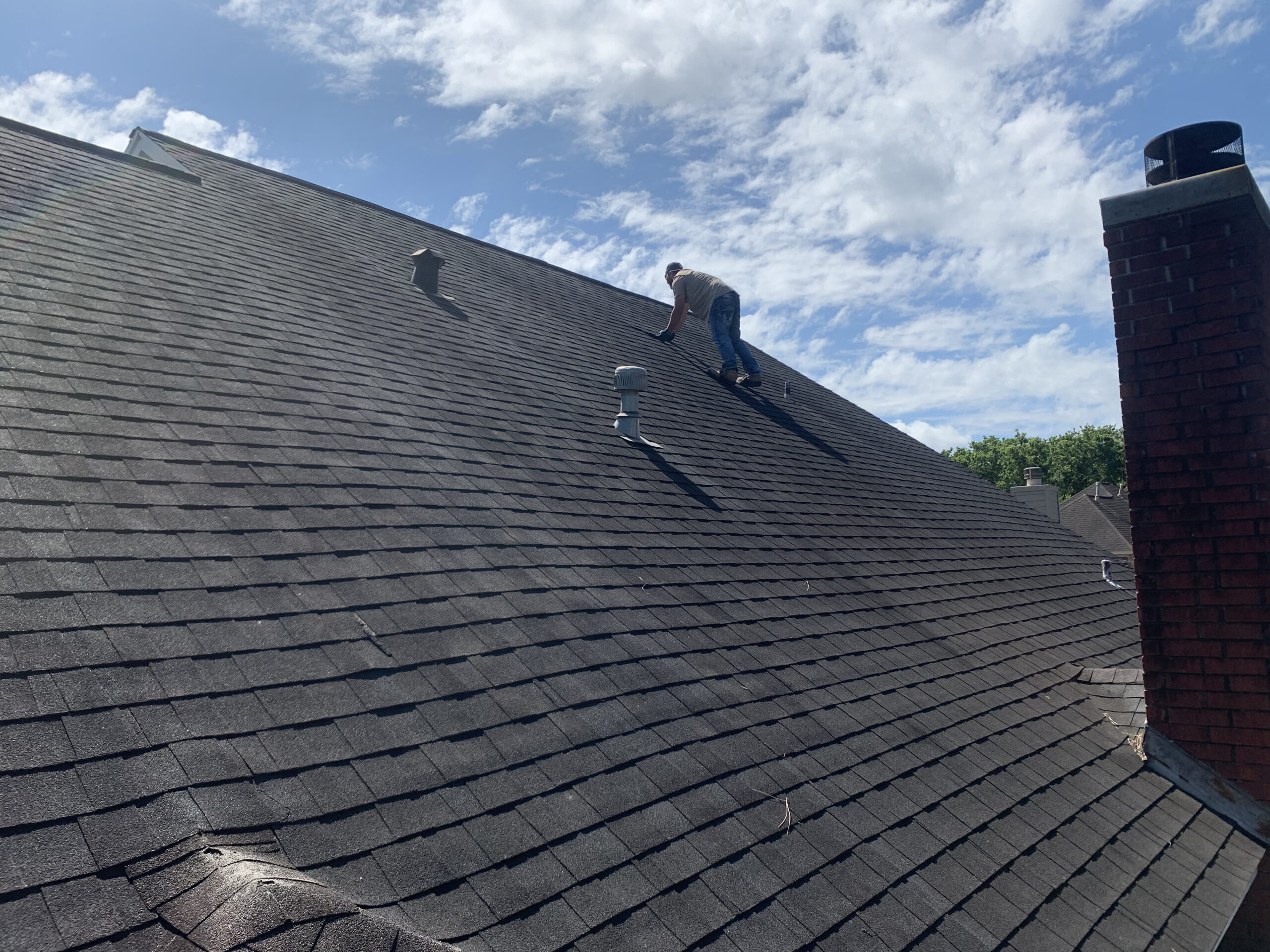
Why a Roof Inspection is a Smart Move for Your Home
Hey there! Let’s chat about something that might not seem super exciting but is really important for keeping your home in tip-top shape: roof inspections. Think of a roof inspection like a regular check-up at the doctor’s office, but for your roof. Just like you wouldn’t skip a doctor’s visit to stay healthy, you shouldn’t skip a roof inspection to keep your home safe and cozy. Here’s why getting your roof inspected is a smart move and what’s involved in the process.
Spot Problems Early
Imagine your roof is like a big, protective umbrella over your house. If there’s a tiny hole in that umbrella, you might not notice it right away. But when it rains, that small hole can turn into a big problem. A roof inspection helps find those tiny issues before they become huge headaches. Inspectors look for things like cracked shingles, loose tiles, or small leaks that might not be obvious to you. Catching these problems early means you can fix them before they cause more damage, saving you time and money in the long run.
Save Money on Repairs
You know how it’s cheaper to fix a small tear in your clothes than to buy a new outfit? The same goes for your roof. If you get your roof inspected regularly, you can catch small problems before they become big, expensive repairs. For example, if an inspector finds a few missing shingles, replacing them is much cheaper than dealing with water damage that could affect your walls or ceiling. So, a roof inspection helps you save money by preventing bigger, costlier issues.
Increase Your Home’s Value
Thinking about selling your home someday? A well-maintained roof can make your home more appealing to buyers. When potential buyers see that you’ve taken good care of your roof, they’ll feel more confident about the overall condition of your home. A roof inspection can also give you a detailed report showing that your roof is in great shape, which can be a big plus during negotiations. So, keeping your roof in good condition with regular inspections can help you get the best price for your home.
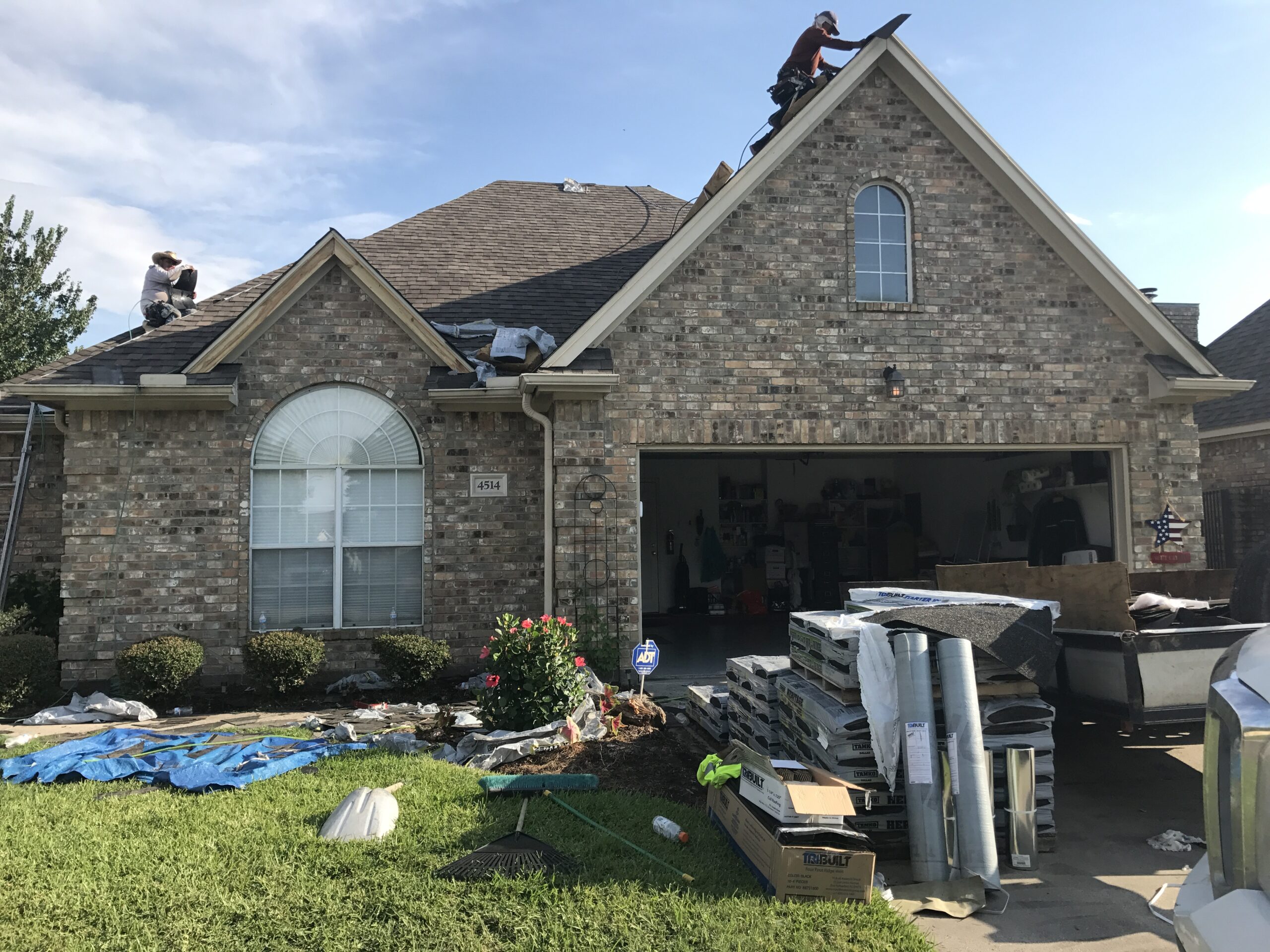
Ensure Safety for Your Family
Your roof does more than just keep the rain out—it helps keep your family safe and comfortable. A strong, well-maintained roof protects your home from the elements and keeps your indoor temperature steady. During a roof inspection, professionals check for any potential safety hazards, like weak spots or structural issues. Fixing these problems ensures that your roof can do its job properly, keeping your home safe and your family cozy.
Boost Energy Efficiency
Did you know that a roof can affect how much energy you use? If your roof isn’t in good shape, it might not insulate your home properly. This means your heating or cooling system has to work harder to keep your home comfortable, which can lead to higher energy bills. A roof inspection helps identify issues that could affect your home’s energy efficiency. For instance, if there are gaps or damaged insulation, the inspector can recommend fixes to help keep your home energy-efficient. This not only saves you money on your energy bills but also helps the environment.
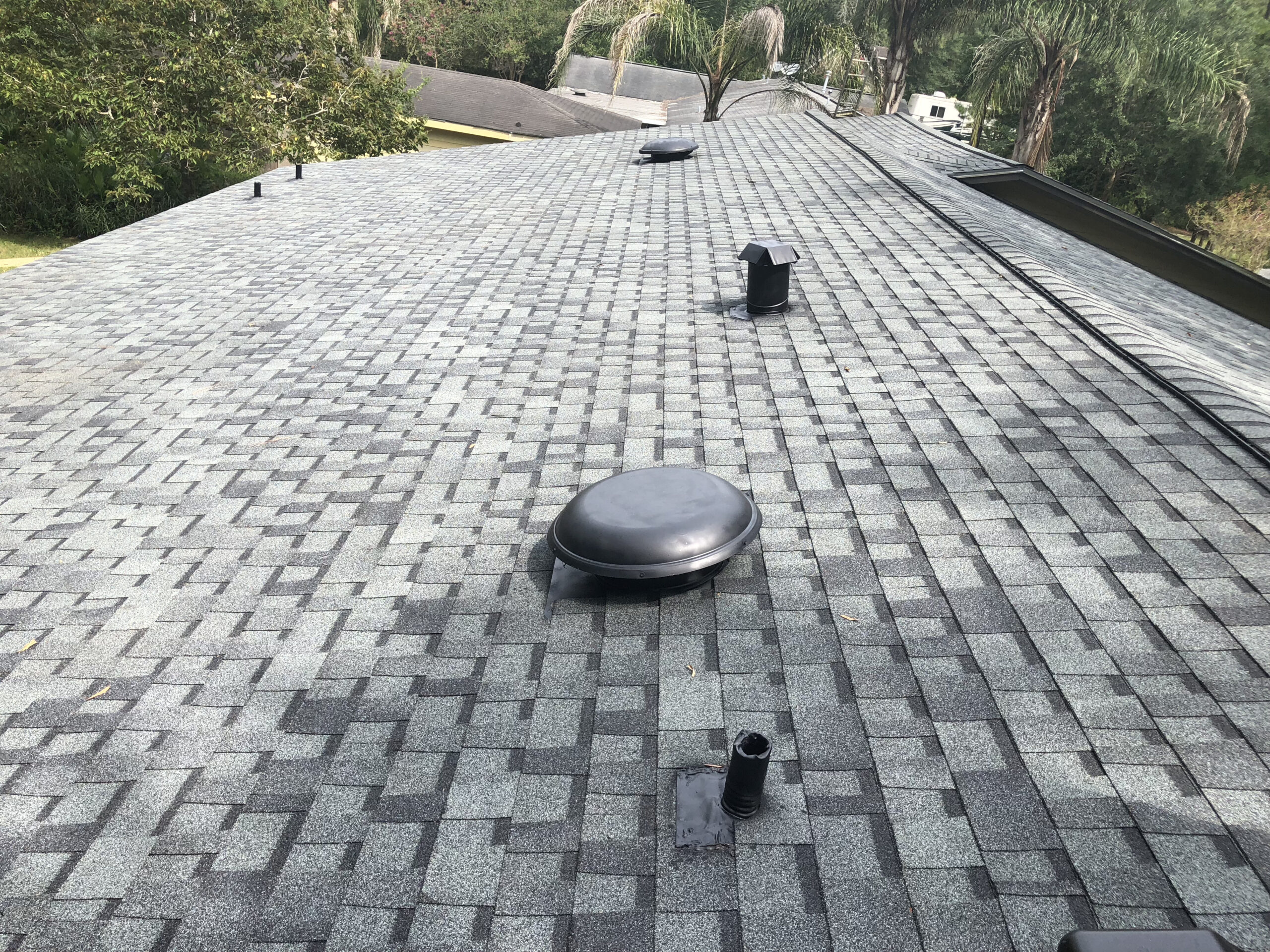
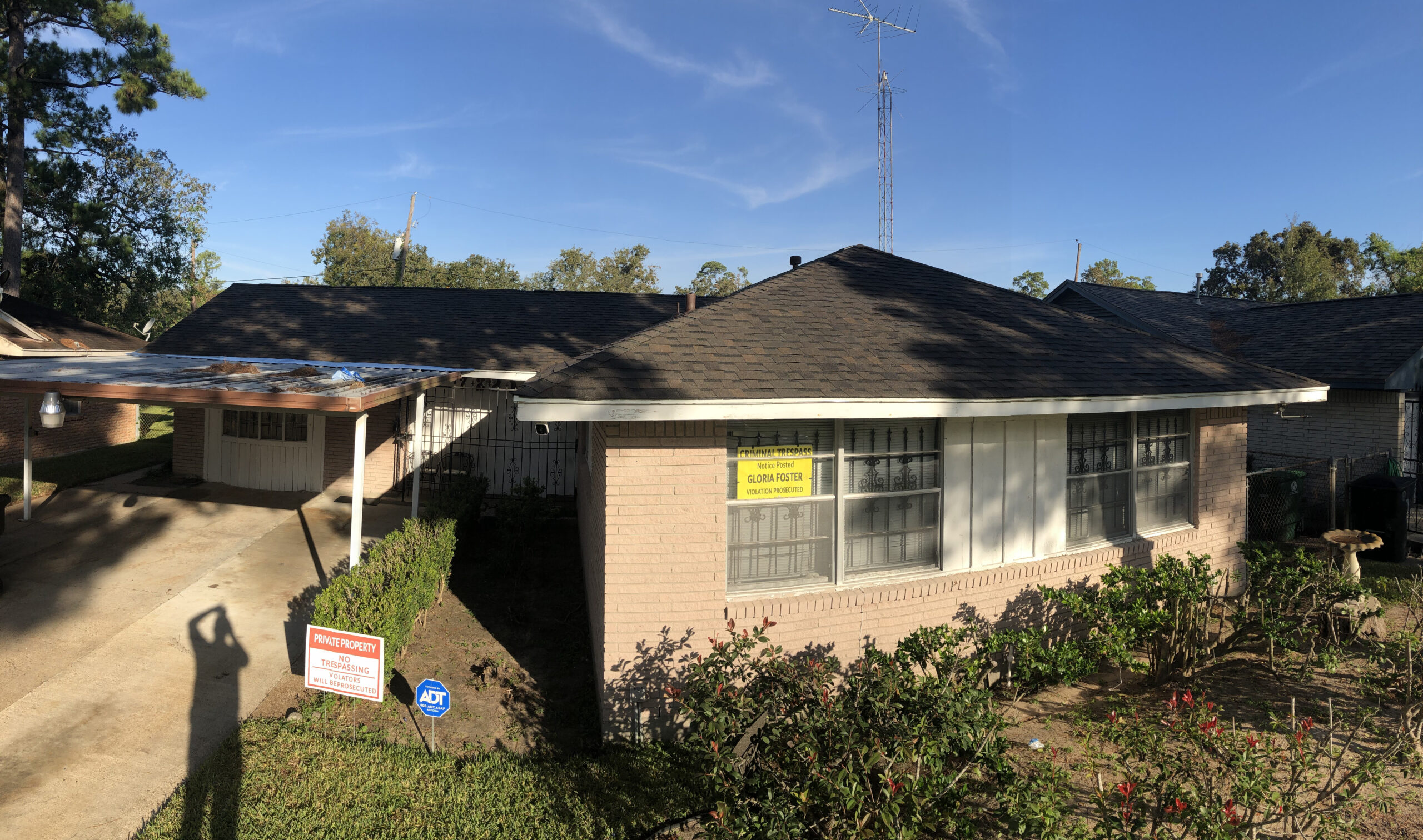
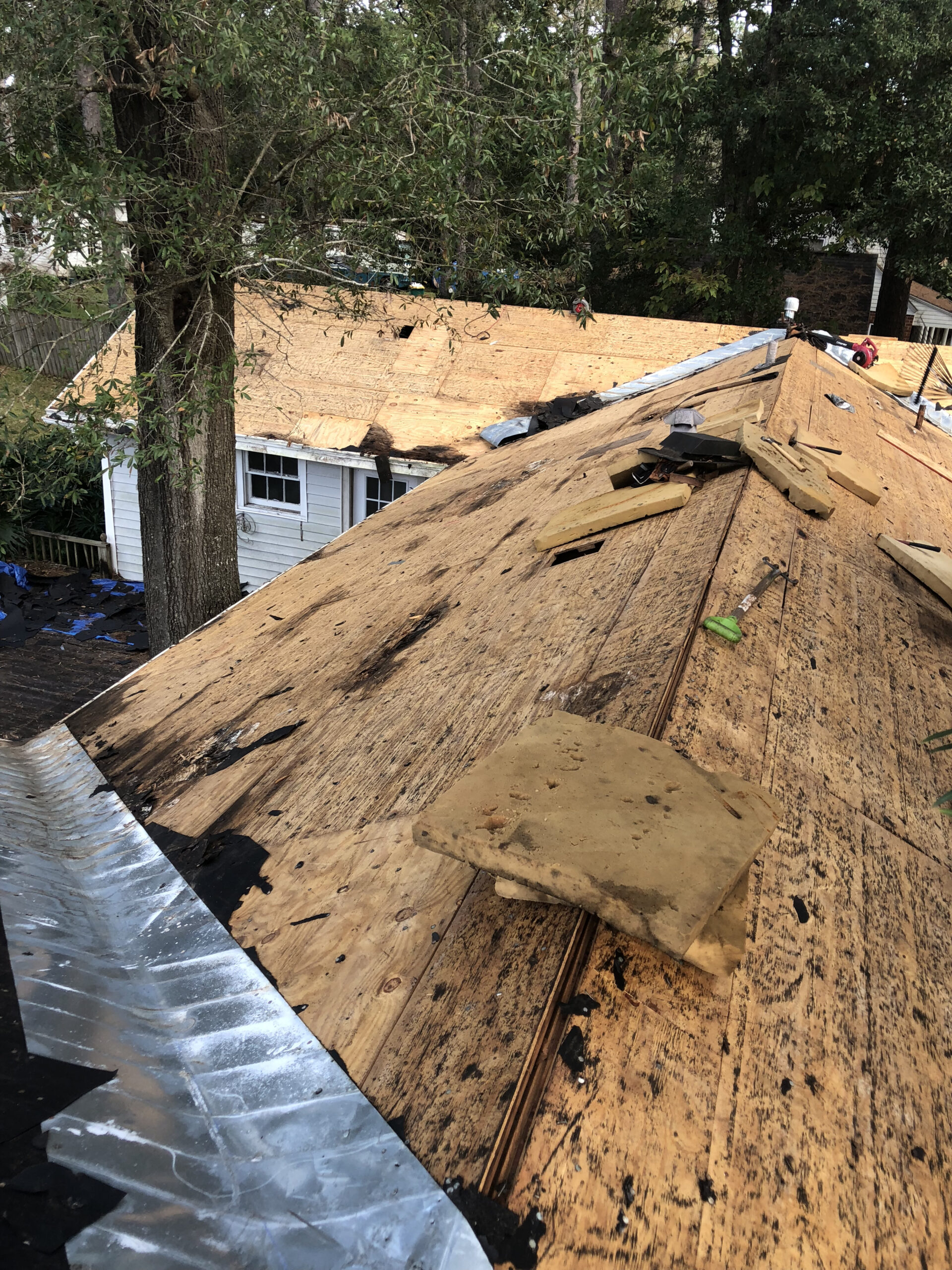
Prepare for Seasonal Changes
Different seasons bring different weather challenges for your roof. Winter can bring snow and ice, while summer can mean intense sun and storms. A roof inspection before the seasons change ensures that your roof is ready for whatever Mother Nature throws at it. For example, the inspector might check for damage from previous storms or make sure your roof can handle the weight of snow. This way, you can avoid unexpected issues and enjoy the seasons worry-free.
Maintain Your Roof’s Warranty
If your roof is under warranty, it’s important to follow the terms to keep it valid. Many warranties require regular inspections to make sure that any issues are caught early and that the roof is maintained properly. By getting regular inspections, you’re not only protecting your home but also ensuring that your warranty remains valid. This can be a big help if you need to make a claim later on.
What Happens During a Roof Inspection?
Visual Inspection
The inspector will start by looking at your roof from the outside. They’ll check for obvious signs of damage, like missing shingles, cracked tiles, or any debris that might be causing issues.
Detailed Examination
They’ll also examine your roof up close, checking things like the condition of the flashing (the material that seals joints and edges) and the gutters. They’ll look for leaks, water damage, and signs of wear and tear.
Interior Check
Sometimes, the inspector will go inside your home to check for any signs of roof problems that might be affecting the interior, like water stains on the ceiling or walls.
Report and Recommendations
After the inspection, you’ll get a detailed report on the condition of your roof. This will include any problems found and recommendations for repairs or maintenance.
Reach out
In summary, a roof inspection is a smart way to protect your home, save money, and ensure everything is in tip-top shape. By spotting problems early, saving on repairs, increasing your home’s value, ensuring safety, boosting energy efficiency, preparing for seasonal changes, and maintaining your warranty, you’re taking a proactive step in caring for your home. So, don’t wait until a small issue turns into a big problem—schedule a roof inspection today and keep your home safe and sound!
